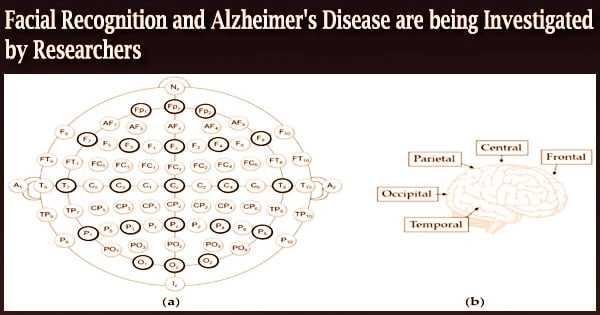Fasting diets have long been employed in epilepsy patients and have been linked to a decrease in seizures, but the molecular basis underlying this strategy has puzzled researchers. Before now.
Boston Children’s Hospital researchers have learned new information that explains how fasting affects brain neurons, which in turn lessens seizures. The discovery might provide new ways to treat epilepsy.
According to the first author Dr. Christopher J. Yuskaitis, a neurologist from the Epilepsy Center and Epilepsy Genetics Program at Boston Children’s Hospital, “this study represents the first step in understanding how dietary therapy for epilepsy work.” “The mechanics are absolutely unknown as of right now.”
The researchers used the prior association between seizures and a particular biochemical mechanism in brain cells called mTOR as a starting point for answering the question of how fasting therapies function. This signaling system can also be blocked by acute fasting, and it is known that overactivation of this pathway increases seizure susceptibility.
The reason for this is a signaling molecule called DEPDC5, which the researchers first looked at since it has the ability to suppress the functioning of the mTOR pathway.
“We found that we could lessen seizures by utilizing an mTOR inhibitor when we employed an animal model that wipes off DEPDC5 directly in the brain,” said Yuskaitis. That inspired us to investigate the relationship between DEPDC5, mTOR, and fasting.
The authors of the new study showed that fasting lowers mTOR activity in the animals’ brains using a mouse seizure model. According to a previous study, scientists hypothesize that the fasting impact is mostly caused by the absence of the three detecting amino acids leucine, arginine, and glutamine in the brain.
Further studies revealed that the signaling molecule DEPDC5 detects these amino acids.
Fasting ceased to have a favorable effect on seizure activity in the animal brains when the researchers utilized a mouse model where DEPDC5 was mutated (meaning the animals could no longer generate the signaling molecule in their brain cells and could no longer perceive the three amino acids further).
According to Yuskaitis, “Amino acid sensing seems to be crucial for the positive benefits of fasting on seizures.” This shows that patients with DEPDC5 mutations may not benefit from dietary modification because they are unable to perceive the loss of amino acids. However, patients without DEPDC5 mutations might profit from a focused nutritional approach.
Yuskaitis continued, “We’re hoping this will [help] us identify new dietary-based therapies other than the ketogenic diet, which can be challenging to follow for a long period owing to side effects.
These results will now be followed up with more research focusing on particular amino acids found in the diets of animals to examine their effects on seizures.
Published in Cell Reports, the study found that “DEPDC5-dependent mTORC1 signaling mechanisms are crucial for the anti-seizure effects of acute fasting.”















